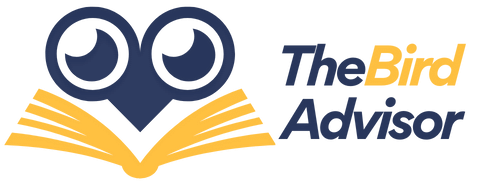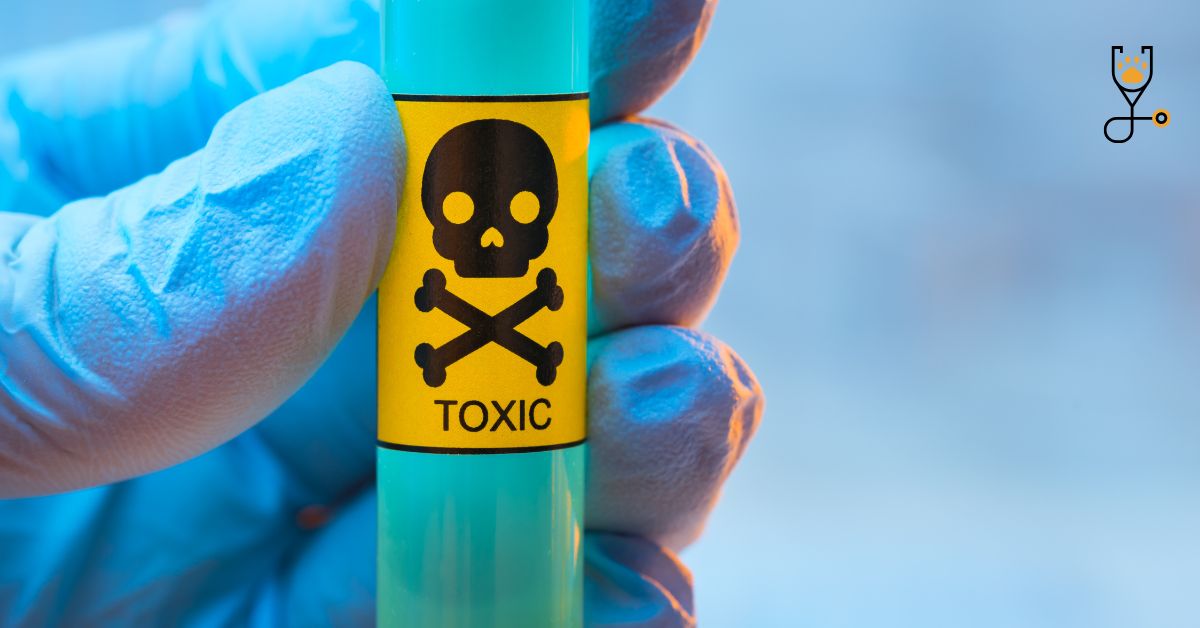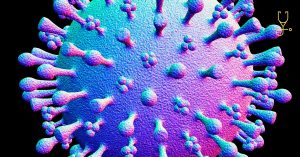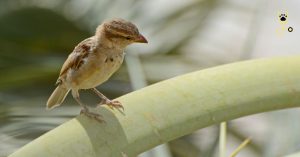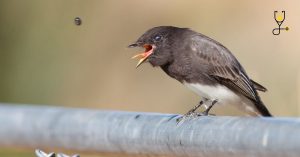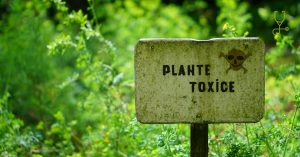Owning a bird is one of life’s great joys. Our feathered friends bring us warmth, companionship, and laughter every day. But did you know that some common household foods can actually be extremely dangerous – even fatal – for your beloved pet? From avocados to chocolate, there are everyday items lurking around your kitchen pantry which could quickly put your bird’s health at serious risk if ingested. Read on to discover the 12 common foods that can poison your bird and what steps you must take immediately if exposure occurs.
1. Avocados
Avocados are a popular superfood packed with healthy fats, fiber, and vitamins – but they may be hazardous for your feathered friend. Eating avocado can cause severe damage to the heart, lungs, and other internal organs of birds due to their toxic person content. If your bird has ingested even a small amount of this food, it’s important to seek medical attention immediately as the effects can be fatal.
2. Chocolate
Chocolate is one of those sweet treats that we all love – for humans anyway! Unfortunately for our feathered friends, chocolate contains two key toxins known as methylxanthines and caffeine which can potentially lead to death in birds if ingested in large quantities. Birds have a heightened sensitivity to these substances and even small amounts can be fatal. Keep your bird away from chocolate at all costs.
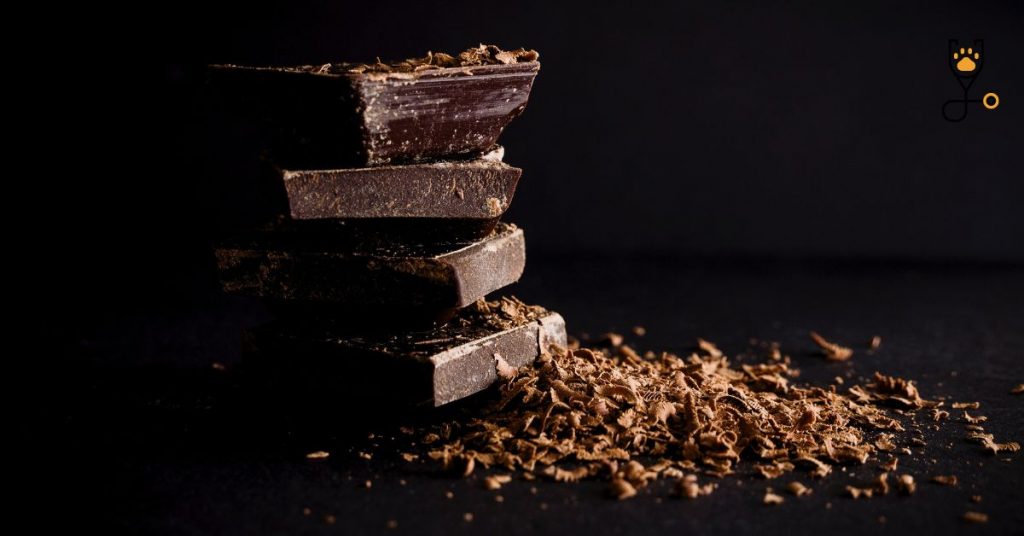
3. Alcohol
Alcohol is a highly toxic substance for our birds, no matter how much or little they consume. Even trace amounts left in the bottom of an empty glass or bottle can cause death if ingested by your feathered friend. Not only that but alcohol consumption has been linked to numerous physical side effects for birds including seizures, tremors, and even liver failure.
4. Caffeine
Coffee, tea, and energy drinks are all sources of caffeine that can have disastrous effects on your pet’s health if consumed in large quantities. Caffeine is known to cause an increase in heart rate, respiratory problems, and vomiting as well as other serious medical issues. If your bird has ingested any form of caffeine, contact a veterinarian right away.
5. Dairy Products
Dairy products may be an important part of the human diet but they can be dangerous for our feathery friends. Dairy items such as milk, cheese, and yogurt contain high levels of lactose which can cause major digestive issues if consumed by birds. It’s best to keep dairy out of reach from your pet at all times to avoid any potential health risks.
Also Read: 9 Facts about Essential Oils for Birds
6. Apple Seeds
Apple is one of those fruits that almost everyone loves – humans and birds alike! However, apple seeds contain a toxin known as amygdalin which can cause paralysis and even death in birds if consumed. To ensure your pet’s safety, make sure to remove any apple seeds before feeding your bird any type of fruit.
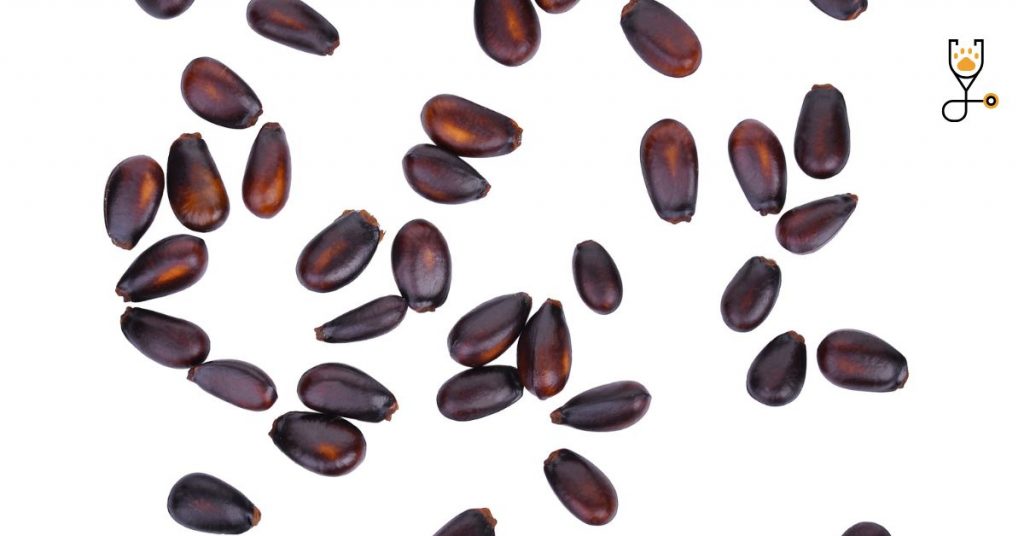
7. Onion and Garlic
Onions and garlic are two common ingredients used in cooking but they can be very dangerous if ingested by birds. These two items contain compounds that break down red blood cells in our feathered friends, leading to anemia or even death. If you’re looking to give your bird a treat, skip the onions and garlic!
8. Mushrooms
Mushrooms are a nutritious part of any diet – except for birds! Some types of mushrooms contain toxins that can lead to abdominal pain, vomiting, and even death in our feathered friends. It’s important to keep your bird away from any type of mushroom as there is no way of knowing what types are toxic.
9. Salt
Salt is an essential component of the human diet but it can be very dangerous for birds if consumed in large quantities. Eating too much salt can lead to dehydration, kidney failure, or even death in our beloved pets due to their heightened sensitivity to sodium chloride. Avoid giving your bird any food that contains a high amount of salt as it could be fatal.
10. Sugar
Sugar may seem harmless but it’s important to remember that it is still a processed product and therefore should not be given to your bird. Consuming too much sugar can lead to health issues such as diabetes and obesity, both of which can be very serious for birds. Keep the sweet treats away from your pet and instead opt for more nutritious options.
By following these simple guidelines you can help keep your feathered friend safe and healthy! Remember, if you ever have any questions or concerns about what’s safe or not safe for your bird, it’s always best to consult a veterinarian. With proper knowledge and care, you can ensure that your beloved pet has a long and happy life!
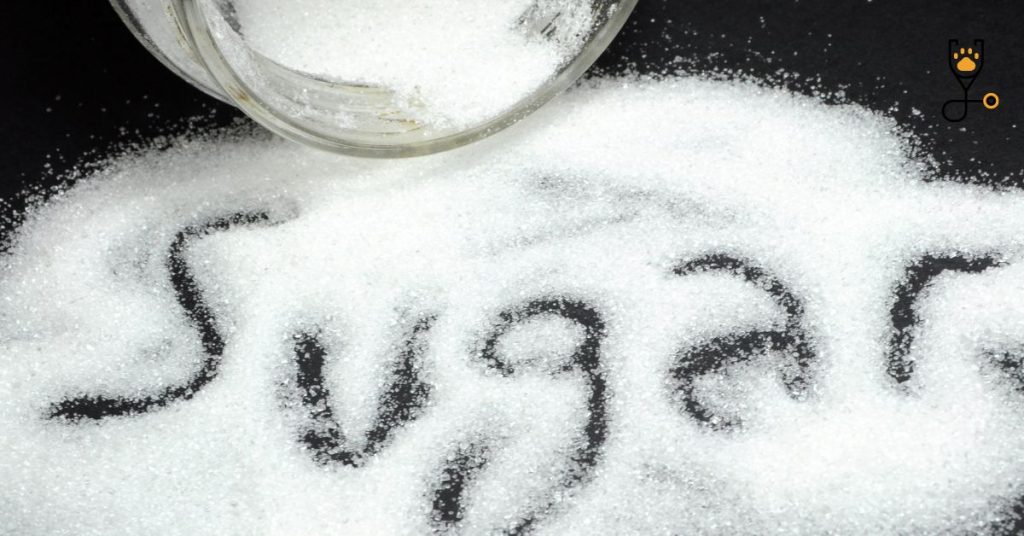
What to feed your pet birds?
1. Fruits and Vegetables: Offering your pet birds a variety of fruits and vegetables is the best way to ensure they are getting all the nutrients they need. Some examples include apples, bananas, oranges, carrots, spinach, and kale.
Here is a more detailed guide about : 8 Safe Vegetables for Pet Birds to Eat
2. Seeds/Nuts: Seeds and nuts are a great source of protein for pet birds but it’s important not to overfeed them as too much can lead to obesity. Offer a variety of seeds such as sunflower, pumpkin, or sesame as well as some raw unsalted nuts like almonds or walnuts.
3. Cooked Legumes: Cooked legumes such as beans (kidney beans, black beans, etc) and lentils can also be an excellent source of protein for your pet bird. Just make sure to cook them thoroughly before offering them as some types of beans can be toxic if ingested raw.
4. Commercial Bird Food: Commercially made bird food is a great way to give your pet all the vitamins and minerals they need while also providing variety in their diet. Look for a quality brand with an appropriate balance of fruits, vegetables, nuts, and seeds that are free from preservatives and artificial colors or flavors.
5. Insects/Worms: Offering insects such as mealworms or waxworms as well as earthworms can provide your pet birds with even more nutrients. This may not be the most appetizing option but it’s definitely a healthy one!
Conclusion
Providing a balanced and nutritious diet for your pet birds is essential to their health and well-being. By avoiding certain foods such as apples, onions/garlic, mushrooms, salt, sugar, and processed foods you can help keep them happy and healthy. Offer a variety of fresh fruits and vegetables along with seeds/nuts, cooked legumes, commercial bird food, and even some insects or worms on occasion to ensure they are getting all the nutrients they need. Lastly, if you have any questions or concerns about what’s safe for your pet bird it’s always best to talk with a qualified veterinarian. With proper knowledge and care, you can ensure that your feathered friends enjoy a long and happy life!
Frequently Asked Questions
Q: What kinds of fruits and vegetables can I feed my pet birds?
A: Fruits and vegetables are a great food source for pet birds. Some examples include apples, bananas, oranges, carrots, spinach, and kale. Make sure that any product you give your bird is washed thoroughly first to remove any pesticides or dirt.
Q: Is it safe to give my pet bird processed foods?
A: Processed foods such as chips, crackers, or cookies should be avoided as they can contain too much salt or sugar which can be harmful to your pet’s health. Stick with fresh fruits and vegetables when possible.
Q: Can I give insects to my pet bird?
A: Yes, insects such as mealworms or wax worms can be an excellent source of protein for your pet bird. Just make sure to introduce them gradually and in moderation so that your pet doesn’t become dependent on them.
Q: What should I do if I have questions about what’s safe for my pet bird?
A: If you ever have any questions or concerns about what’s safe or not safe for your bird, it’s always best to consult a veterinarian. They can provide expert advice and guidance to ensure that you are providing the best care for your feathered friend.
Happy feeding! The health and happiness of your pet bird are important to us at Pet Paradise and we hope this article has been helpful in giving you the information you need to take great care of your feathered friend!
Good luck!
.
